In honor of Black History Month, we are featuring interviews with local Black community leaders. These pieces were written by Baylor University students from the Department of Journalism, Public Relations, and New Media. The students asked questions about what the leaders love about Waco, and we are excited to share their responses with you this month.
By Lauren Combs
Lakia Scott, assistant professor of curriculum and instruction with Baylor University’s School of Education, pursues research alongside teaching undergraduate and graduate students. She decided to dedicate her research to improve urban literacy.
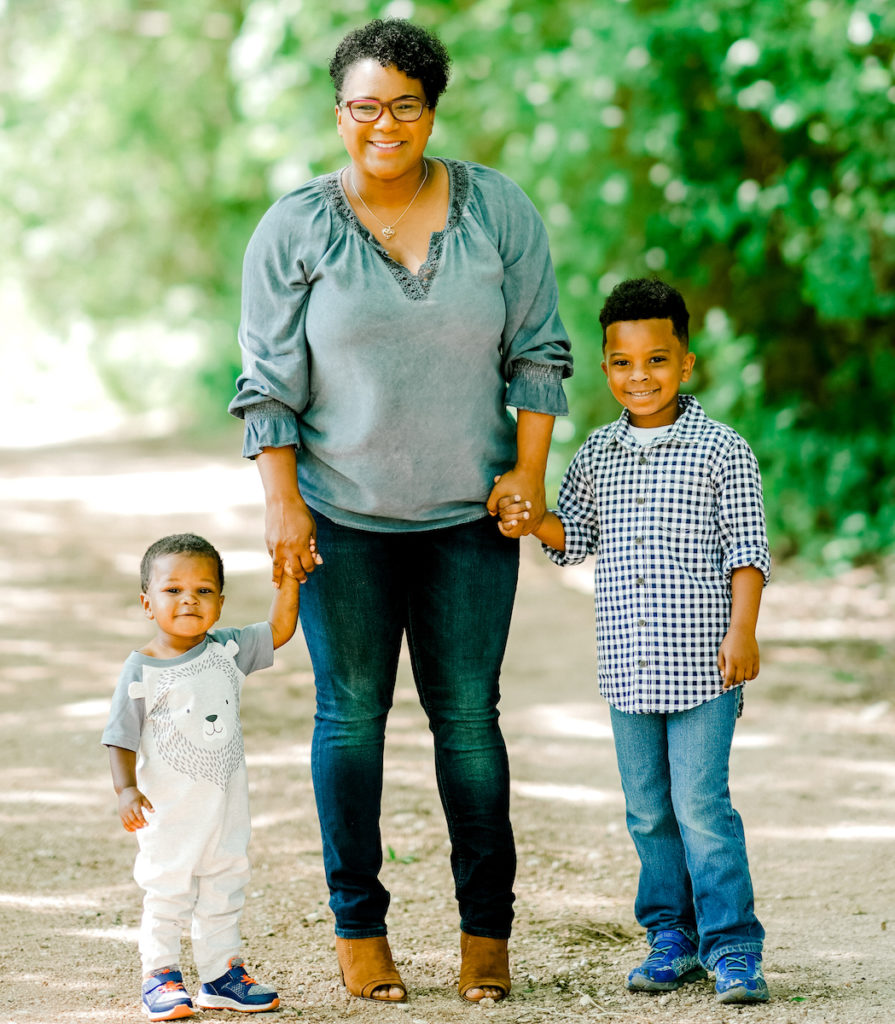
“My research for the last three years has been on the Freedom Schools program,” Scott said, “and that is a summer literacy initiative that is sponsored by the Children’s Defense Fund that helps to lessen summer reading loss.”
Scott said students who don’t have access to resources like summer enrichment programs or tutoring opportunities typically fall six to nine months behind before returning to school in the fall.
“They’re actually returning to school as if they are in the mid-year of their previous academic school year,” Scott said. The program she created and continues in partnership with the CDF model seeks to “reduce that learning loss, that summer reading gap, so that students can go back to school in a better frame of mind academically.”
Scott said the Freedom Schools program uses culturally relevant texts at all levels that are developmentally appropriate to increase students’ exposure to reading. The students have three different opportunities to engage with texts throughout the day.
“They’ve become more fluent readers. They also build comprehension skills because they’re reading things they really, really care about, and that makes all the difference,” Scott said. “Whereas a sixth grader may come to me on a fluent reading level of fourth grade or right under fifth grade, they may leave Freedom Schools in a 30-day time span over the course of two months at a seventh grade level.”
Scott said the students who participate in this program are also positively impacted because they are appreciative of reading, academically motivated, and likely to become leaders in their classrooms and communities.
“I know reading is only one of those core subjects taught,” Scott said, “but reading is seen in every other subject. And so if we don’t equip our students with those foundational literacy skills, it has long-term impacts.”
Waco ISD has a reading proficiency of 30%, which means 30% of the students in the district are reading at or above grade level. “My goal, if I were able to cast this larger vision for the City of Waco, would be to see that reading percentage increase exponentially to the 90 percentage range,” Scott said.
Scott said the community has already been doing a lot to help achieve this goal, but she would like to continue to see community members making their presence known in the schools with opportunities like mentoring programs. She also encourages sororities, fraternities and other service-based organizations to continue being advocates in school settings. However, Scott also said there are other, less direct way to increase the literacy levels.
“Something that I think is really overlooked is attending school board meetings. The presence of community members at school board meetings is powerful because so much happens there— the ways budgets are allocated, the ways resources are allocated— all of those things are talked about and discussed and voted upon at the school board level,” Scott said.
Scott even encouraged community members to run for school board positions and community leadership opportunities.
“If we are really serious about making change in ways that are going to positively affect the students that are in the community,” Scott said, “we need to be more vocal about it.”
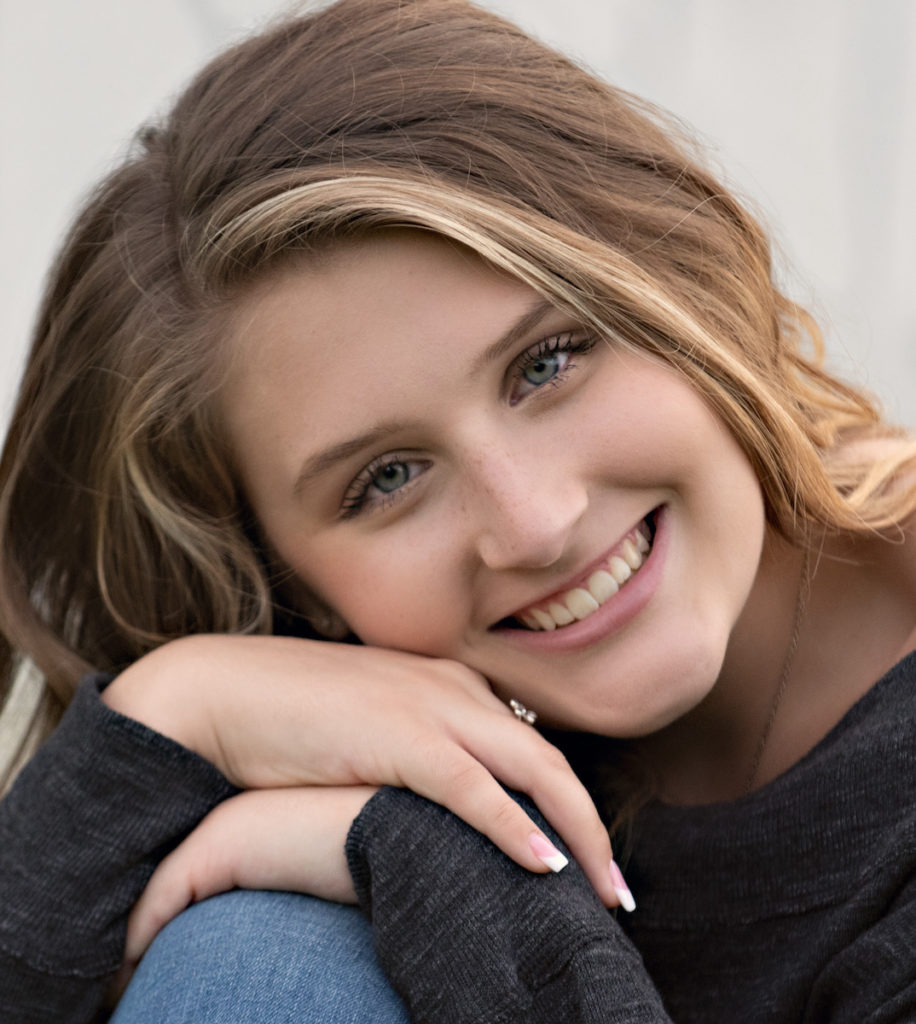
Lauren Combs is a Baylor University sophomore from Virginia majoring in journalism who hopes to pursue magazine writing or public relations for nonprofits or ministries.
The Act Locally Waco blog publishes posts with a connection to these aspirations for Waco. If you are interested in writing for the Act Locally Waco Blog, please email Ferrell Foster at [email protected].
In honor of Black History Month, we are featuring interviews with local Black community leaders. These pieces were written by Baylor University students from the Department of Journalism, Public Relations, and New Media. The students asked questions about what the leaders love about Waco, and we are excited to share their responses with you this month.
By George Schroeder
Mia Moody-Ramirez came to Waco for a job 31 years ago and ended up staying to pursue more education and a new career path. “Waco really grows on you,” she said. “It’s the right size, not too small, not too big, and I like that Waco is centrally located.”
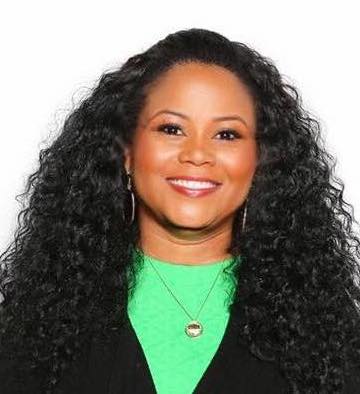
She moved to Waco in 1990 to work with the Waco Tribune-Herald. Then, while pursuing her master’s degree in journalism at Baylor University, Moody-Ramirez was asked to teach a class.
“I found out it was something that I was passionate about, and I decided to pursue teaching,” Moody-Ramirez said. “After graduating with my master’s degree, I decided to immediately go on and get a Ph.D. in journalism and after I got my Ph.D. I just stayed on at Baylor.”
Today, she is chair of Baylor’s journalism, public relations, and new media department.
Though she thought she would move on to a larger city after receiving her degrees from Baylor, she wanted to continue working at Baylor and decided Waco would be a good place to raise her family.
Moody-Ramirez appreciates the simpler, more affordable aspects of Waco. She loves to walk with her family around downtown, along the Brazos River, and around the various parks and lakes.
“You don’t have to spend a lot of money to have fun,” Moody-Ramirez said. “You can just walk around and take pictures. It’s beautiful. It’s very scenic, so I like that part about Waco.”
While her sons, much of her time revolved around them and involved taking them to their various activities, Moody-Ramirez said. As they have gotten older, she has been able to focus on more of what interests her around Waco.
“I like to go to wine tastings, book readings, poetry readings, just pretty chill events like that, that are melo where I can relax,” Moody-Ramirez said. “I’ve pretty much been shut in since March, but traditionally those are some of the things I would do.”
Apart from leisurely activities, Moody-Ramirez is a member of three organizations in Waco — Jack and Jill of America, The Links, and Delta Sigma Theta. Many of their events have gone virtual due to the coronavirus pandemic.
These organizations revolve around service and civic engagement, she said, and most of her activity is now centered around them. When it comes to local events, she likes a two-pronged approach.
“They are fun on one hand but are also sponsored so you can raise money to give back to an organization,” Moody-Ramirez said. “I like to give back to organizations that are focused on you, organizations that will have an impact on our future generations, on children.”
Specifically focusing on children with the Waco Chapter of Jack and Jill, Moody-Ramirez attends “Jazzy for a Healthy Heart” every January. At this event, having a strong heart is promoted through healthy food, jazz music, and various speakers.
“It’s one of the things I look forward to every year,” Moody-Ramirez said. “I like that organization because I participate in it with my children. The money we raise from that event will go to an organization that’s for children.”
With her emphasis on giving back to the community and specifically younger generations, Moody-Ramirez has become a valued member of the Waco community, and is a caring teacher and leading voice at Baylor.
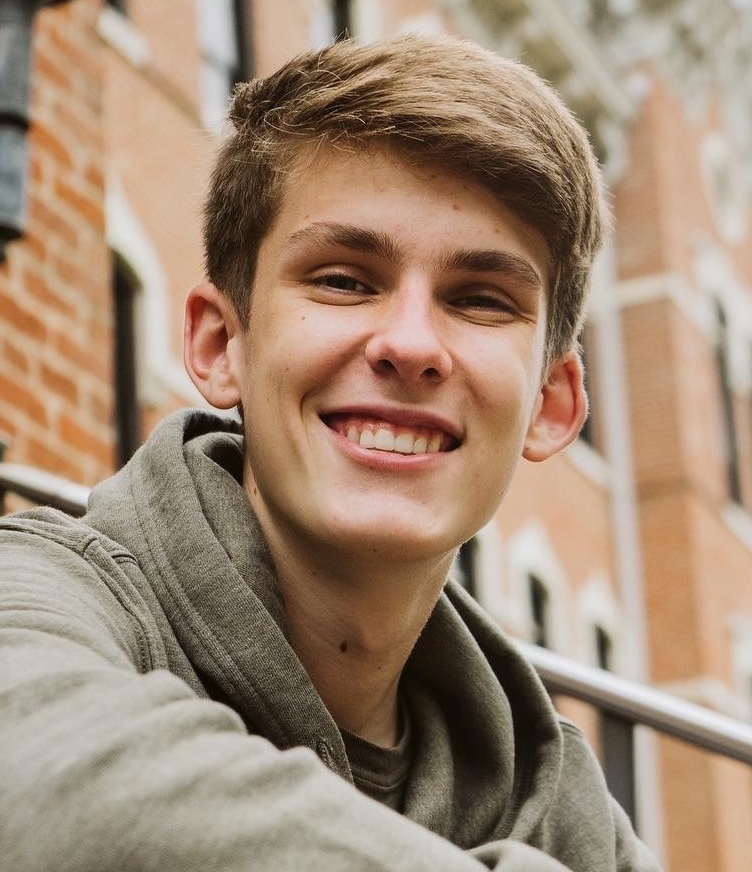
George Schroeder is a journalism student at Baylor University.
The Act Locally Waco blog publishes posts with a connection to these aspirations for Waco. If you are interested in writing for the Act Locally Waco Blog, please email Ferrell Foster at [email protected].
In honor of Black History Month, we are featuring interviews with local Black community leaders. These pieces were written by Baylor University students from the Department of Journalism, Public Relations, and New Media. The students asked questions about what the leaders love about Waco, and we are excited to share their responses with you this month.
By Belle Ebner
Waco is a small city that can make a big impact, according to Cuevas Peacock, who works in Baylor University’s Office of External Affairs. It’s a place that is persistently growing and continues to make strides toward improvement.
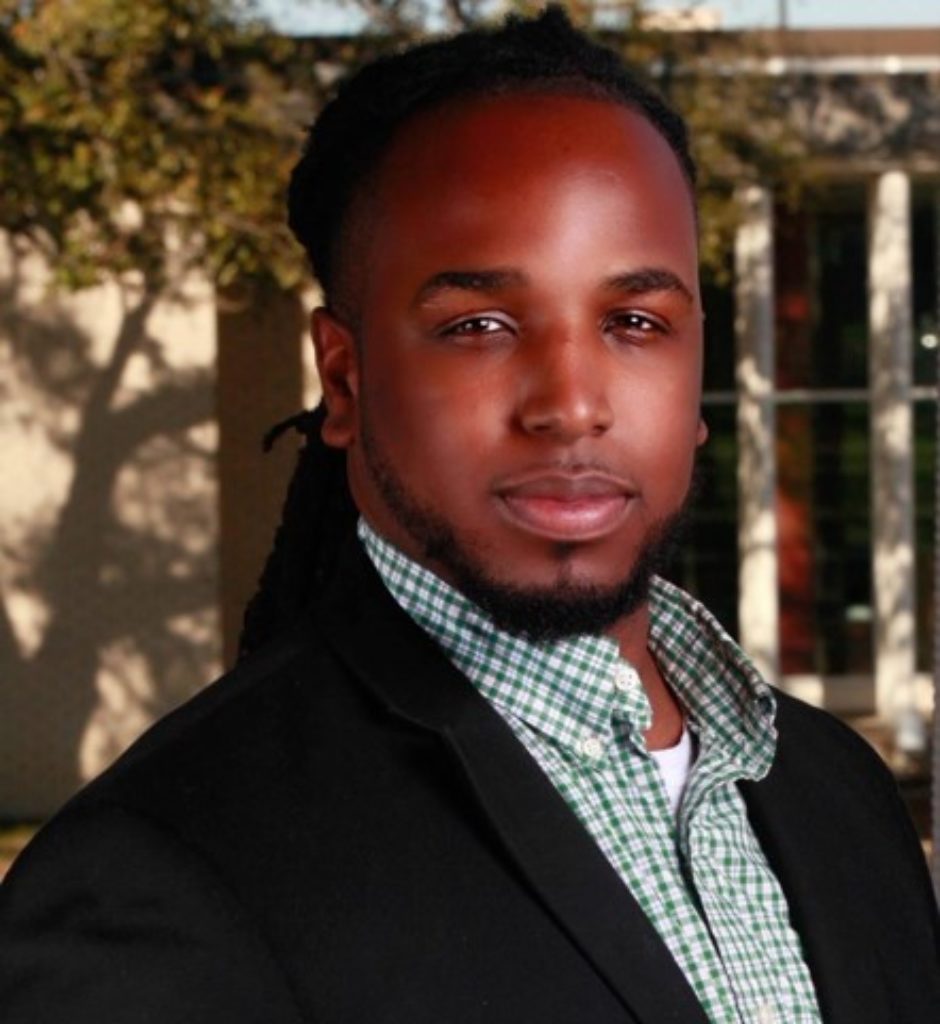
For much too long, people would say Waco is just a pit stop on a road trip to somewhere more interesting, Peacock said. But through his time working with Grassroots Community Development and at Baylor, Peacock has seen the city transform.
“By being involved in these various things, I am able to see first-hand just what can happen in Waco, and it’s exciting,” he said.
Peacock said he was a community organizer at Grassroots and was responsible for identifying opportunities for growth in the community. He was pleasantly surprised at the community’s willingness to participate in the city’s success and their receptiveness to new ideas.
In Waco, there is a strong sense of connectivity one can’t get in bigger cities, according to Peacock. People in Waco wish to find long-term solutions to issues in their community as well as working together to advance equity. Peacock said he is good friends with prominent citizens of Waco, including the mayor.
“Wow,” Peacock said. “Could you have these types of relationships in bigger cities? I don’t think you can.”
Waco is a community built on educational opportunities, Peacock said. If someone wants to gain a skill or knowledge, they have the opportunity at Baylor University, McLennan Community College, Texas State Technical College, and various other educational organizations.
Baylor University is a large part of the city’s identity, and Peacock said his job includes “bursting the bubble” that surrounds the university and integrating it more into the Waco community. By bridging the two, Peacock believes Waco can become even more culturally vibrant and progressive.
Organizations such as the Grassroots ensure that solutions are resident-driven and that the people have power, according to Peacock. By making sure the public has the resources to create change themselves, Waco has become a uniquely proactive community.
“If they have an idea, if they have a vision, if they have a thought, if they have a belief, I would encourage them to act on it,” he said.
There’s a certain Waco attitude that encourages being receptive to new ideas and supporting the idea that change is beneficial, Peacock said. Even if one is tentative to call for change or make a suggestion, there are people in the community who will help them make the necessary steps.
The connectivity and willingness to support one’s neighbors is what cultivates such a strong community in Waco. The more involved one becomes in providing solutions and improving the city, the more one becomes hopeful for Waco’s future, according to Peacock.
“I know what’s to come. I see the vision,” he said. Peacock has a vision for an ever-evolving city with a passion for change.
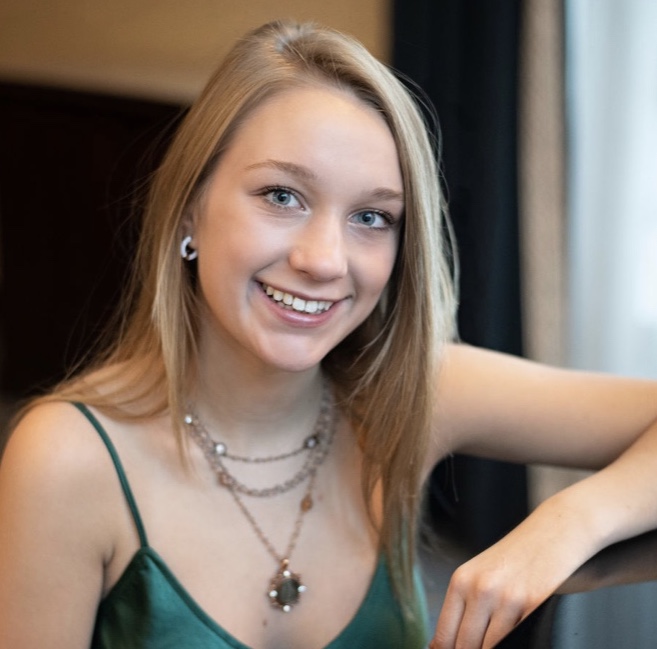
Belle Ebner is from Colorado and is majoring in journalism and public relations at Baylor University.
The Act Locally Waco blog publishes posts with a connection to these aspirations for Waco. If you are interested in writing for the Act Locally Waco Blog, please email Ferrell Foster at [email protected].
by Caleb Reynolds, Baylor Student
“Did the faculty tell y’all not to talk to us?” are words that I will never forget.
When a homeless man named Cody asked if my “Christian” college told its students to avoid the poor I nearly broke down. Meeting this man opened my blind eyes. I saw a reality that I had not seen before, a reality where even though a person’s potential may be astoundingly high, he can be shut down because of his economic or social standing. I never would have seen this reality if it were not for a simple assignment in my English class. Our professor asked us to take a bus ride on Waco Transit to see what the surrounding community is like. Just a few streets over from my university I met a man who had a profound effect on me; he gave me a new perspective.
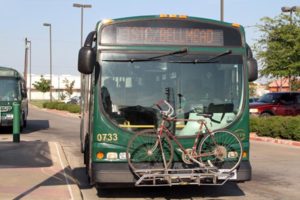 Cody is the type of man that would have been all too easy to pass by as I went to get snacks at the gas station across the street. As soon as I sat down to wait for the bus, he began to speak. He didn’t ask for money; he didn’t ask for food; he asked how I was. A common courtesy led to a deep conversation about both of us. Cody revealed his life to me. He was imprisoned until five years ago and started his path towards a better place three years ago. His reason to really change his life was the birth of his son. Because of his own experience growing up without a father, Cody was determined that history not repeat itself with his son. He explained his whole reason to try and be a better man stemmed from his relationship with Christ. Through Christ he was trying to fix his life, something he admitted was a struggle. He was dependent on his faith in God, and trying his best not to let worry in.
Cody is the type of man that would have been all too easy to pass by as I went to get snacks at the gas station across the street. As soon as I sat down to wait for the bus, he began to speak. He didn’t ask for money; he didn’t ask for food; he asked how I was. A common courtesy led to a deep conversation about both of us. Cody revealed his life to me. He was imprisoned until five years ago and started his path towards a better place three years ago. His reason to really change his life was the birth of his son. Because of his own experience growing up without a father, Cody was determined that history not repeat itself with his son. He explained his whole reason to try and be a better man stemmed from his relationship with Christ. Through Christ he was trying to fix his life, something he admitted was a struggle. He was dependent on his faith in God, and trying his best not to let worry in.
He said that he did not know much about Baylor other than that the students do not approach him. He said that he could tell from the second I began to talk with him that I had Christ in me. That is where his words hit me in the gut. This struggling child of God planted a question in me: Who was I and what was I doing?
I now find myself contacting Mission Waco, eager to see how I can help Cody and others like him. I find myself looking for time to help out those who are needier than I am. I see myself questioning things that I thought were set in stone. I used to look at my surroundings and say that Baylor was a bubble, but the real problem was that I was not looking closely enough. With a closer look, I realize I can see homeless people from my window. It is easier to walk to worship with the homeless people gathered on Sundays at the Church under the Bridge than to any of my classes.
After talking with Cody, I realize, whether I want to admit it or not, my bubble includes people in need. My bubble does include Baylor, a school that I love because of the Christian values we have in common. Meeting Cody, however, made me question whether I really stood for these values, or whether I just “talked the talk” because it helped me fit in. He made me realize that these values have implications on my life. I cannot just be the stereotypical college student. I can’t just ignore a suffering person; that person is a suffering child of God. Cody made me see that claiming to be a Christian and claiming to be going into full time vocational Ministry doesn’t make me what I say. The only way those things can be true is if I live them. I can claim that I am a fan of something, but if I never talked about it or identified myself with it, who would know what I cheered for?
On the surface it may look like my life is not too different than before I met Cody. I’m still at Baylor. I still live in Penland, and I still plan to major in communications. But my life has changed. Since meeting Cody I care for the people that are part of the city. I now care that this man is jobless and homeless, instead of just letting him pass through my life. I am a typical Baylor student that, because of a random project, talked to a random man, and now I am changed. This assignment had an effect on me, and for the better. It gave me a new outlook on my life. An outlook that now involves others.
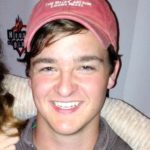 This week’s Act Locally Waco blog post is by Caleb Reynolds. Caleb is a freshman communications major from Carrollton, Texas. He met Cody as part of an assignment in his “Writing in the Age of Digital Media” class ,fall 2013, at Baylor University. If you are interested in writing for the Act Locally Waco blog, please contact Ashley Thornton at [email protected].
This week’s Act Locally Waco blog post is by Caleb Reynolds. Caleb is a freshman communications major from Carrollton, Texas. He met Cody as part of an assignment in his “Writing in the Age of Digital Media” class ,fall 2013, at Baylor University. If you are interested in writing for the Act Locally Waco blog, please contact Ashley Thornton at [email protected].
By Jodi Terwilliger-Stacey
Waco is the research and technology corridor between Dallas and Austin. It boasts top quality education in science, technology, and engineering at its local colleges and universities – Texas State Technical College (TSTC) (offering students approximately 100 certificate and degree areas), McLennan Community College (MCC) (offering students cutting-edge technology and opportunities for field research), and Baylor University. It’s the home of the Central Texas Research and Technology Park with its most recent project – the Baylor Research and Innovation Collaborative (BRIC)! It’s the birthplace of the Greater Waco Advanced Manufacturing Academy, offering academic programs and workforce readiness in a variety of fields to high school students from local ISDs. Waco’s Drop Back In to School Initiative connects those seeking higher education and better jobs to representatives of these local colleges and universities, as well as representatives of local job readiness programs!
Check out MCC’s LEAP classes (Learning Environment Adaptability Project), serving to develop full-time, first year students’ skills that enable them to adapt to college life and to be successful in their courses of study. LEAP classes teach learning strategies, as well as emotional intelligence skills, such as self-management skills (being motivated and managing one’s time), intrapersonal skills (self-esteem and stress management), leadership skills (problem solving and conflict resolution), and interpersonal skills (managing anxiety and anger and being assertive). LEAP is innovative and broad-spectrum, making MCC a leader in the development of strategies to increase student retention and success in higher education.
Watch for more information about the BRIC’s 45,000 square feet workforce development and training center to be used by TSTC – a BRIC partner. BRIC scientists, engineers, and technicians will be developing technology for BRIC business clients. TSTC Waco faculty will be on site working with those developing the technology and consulting with BRIC clients to design workforce training as products are being developed. Now that’s innovative!
Would you like to join the workforce with a career upon graduating from high school? The Greater Waco Advanced Manufacturing Academy will be offering academic programs to high school students from local ISDs in the fields of welding (fall 2013), precision metal manufacturing (fall 2013), brick laying and construction (fall 2014), HVAC (fall 2014), and pipe-fitting (fall 2015)!
Waco is paving the way for its citizens to come back to education, to achieve their higher education goals (certifications, 2-year degrees, and 4-year degrees), and to begin careers in a variety of science and technology fields where workforce needs are greater. Waco is connecting the dots among industry leaders, the STEM community (science, technology, engineering, and math), college and university faculty, and other leaders in workforce training. By doing so, there’s only one direction for Waco – FORWARD.
This week’s post was written by Jodi Terwilliger-Stacey. Jodi founded the Low Income Families In Transition (L.I.F.T) workshops at First Baptist Church in Waco and worked at the Greater Waco Community Education Alliance as a community resources specialist. She and her family now live in Colorado, but she still has a warm spot in her heart for Waco. If you are interested in writing occasionally for the Act Locally Waco Blog, please email Ashley Thornton at [email protected] .
By Ashley Bean Thornton
I was lucky enough to get a tour of the BRIC (the Baylor Research and Innovation Collaborative) a few weeks ago. It is inspiring! As an old English major I love the symbolism of the BRIC, representing our hopes for a prosperous future, rising from the ruins of the Old General Tire building, an artifact from our economic past. As an old English major I also feel compelled to say one more thing: I have seen the future, and the future is – math.
With the WISD Advanced Manufacturing Academy, TSTC and the BRIC we have a nice little conveyor belt developing for moving our young people into good paying high tech jobs. The ticket to get on that conveyor belt is a decent ability to do math.
Waco needs to be a math town. I need to be a math cheerleader! This is a new role for me. (Did I mention I was an English major?) I may not be able to do much to help make Waco the math capital of the Southwest, but I can change the way I talk about math to the kids I know.
From now on when I hear a kid say, “I hate math.” Instead of saying, “I know, I hate math too.” I’m going to say, “Math was hard for me too, but it feels good when you finally figure it out; it gets kind of fun if you stick with it.”
When I hear a kid saying, “I’m dumb in math.” Instead of saying, “I know! Math stinks! Let’s eat ice cream.” I’m going to say, “It’s probably not that you are dumb in math; you probably need more practice. Nobody is that good at it at first. You’ll get better the more you practice.”
Yes, I know a kid’s success in math depends more on her teachers and her parents and probably a jillion other things than on my little pep talks. But, it is something I can do, and I’m going to do it. Join me? We’ll think of something more significant to do later, but we can at least do this. As an old English major I believe the words we speak into our young people make a difference. Go math!
- « Previous
- 1
- 2
